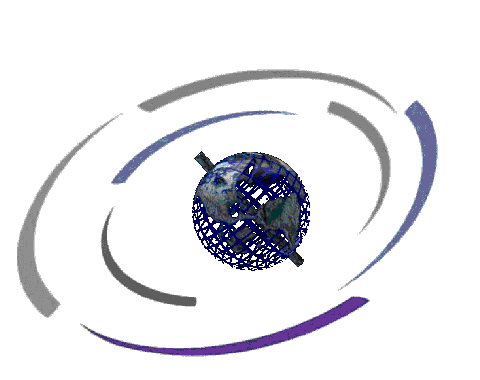
WORLD TOUR of the INFORMATION SOCIETY ( WTIS )
TOUR MONDIAL de la SOCIETE de l'INFORMATION ( TMSI )
LA VUELTA al MUNDO de la SOCIEDAD de la INFORMACION (VMSI)
 |
WORLD TOUR of the INFORMATION SOCIETY ( WTIS )
|
De : Rik Panganiban
Répondre à : [email protected]
Date : Tue, 22 Feb 2005 07:57:56 -0500
À : [email protected]
Objet : [WSIS CS-Plenary] report on plenary meeting with Charles Geiger on Accreditation Issues
Quick Report on CS Plenary Meeting with Charles Geiger, WSIS Executive Secretariat
22 February 2005, Geneva
By Rik Panganiban
Charles Geiger, head of the WSIS Executive Secretariat, demonstrated his openness to civil society by appearing at our morning plenary session to explain the accreditation procedure for civil society organizations for the Tunis Phase. This came after some requests from the CS Bureau for clarity on the allegations of some NGOs that they had been denied accreditation.
Geiger clarified that several applications for accreditation were not accepted by the secretariat because they were incomplete (not including financing information or their charter or other documentation). All organizations accredited to the conference would be allowed to get visas to travel to Tunisia from their countries. Several NGO reps in the plenary meeting were very seized on this issue, pertaining to their own organizations which were not accredited or other groups that could not participate because they were not legally recognized in their own countries.
Geiger informed us that all accredited participants will have immunities and privileges that are in the host country agreement with Tunisia. The same language was adopted from the host country agreement for the Sustainable Development conference in Johannesburg and Financing for Development conference in Monterrey. While government delegations have specific privileges and immunities that are part of international law, for civil society and the private sector ad hoc ³functional immunity² will apply.
The issue of privileges and immunities is important to know, particularly for groups that wish to hold demonstrations or other protest, there are different laws and restrictions that would apply depending on if it takes place on the UN conference facilities or in Tunis proper. Geiger admitted that there is some ambiguity as to what is considered UN territory.
Geiger explained that in some cases the Swiss mission in some African countries denied visas because the organizations could not show financial capability to come to Geneva. The Secretariat does inform organizations that they have been denied accreditation and why.
Renata Bloem asked that it would be helpful if the host country agreement could be made available on the Tunisian and the ITU websites. Geiger noted that this was a sensitive matter, since the host country agreement contained financial arrangements.
A ³Side Event Caucus² has been created, chaired by Saidi from Tunisian civil society, which seeks to address some of the concerns and proposals from civil society on the organization of side events at the Tunis Conference. Nnenna of African Civil Society for the Information Society expressed concerns that the cost for civil society groups to organization and exhibition were set at the same rates for intergovernmental organizations. She would prefer that it be free. Others noted that the April 1 date for informing the Tunisian host country of their intention to organize a side event as too soon.
Notes from Official Plenary, 22 February, AM Session
Governments resumed negotiation on Chapter Two of the Operational part of the draft texts pertaining to financing mechanisms. The chairperson has submitted a new proposed text incorporating various views of different delegations.
There was a request from the African group to do a ³second² reading on para 27 related to the Digital Solidarity Fund:
³27. We welcome and support the creation of the Digital Solidary Fund as an innovative financial mechanism of a voluntary nature with the objective of transforming the digital divide into digital opportunities for the developing world by focusing mainly on specific and urgent needs at the local level and seeking new sources of ³solidarity² finance. The DSF will complement existing mechanisms for funding the Information Society, which should continue to be fully utilized to fund the growth of new ICT infrastructure and services.
New 27 B. We recommend to all stakeholders to support the work of the DSF.²
The chair chose to go to the beginning of the new draft text instead.
The secretariat projected onto a large screen the latest language, although there was no incorporation of new text as it was introduced by governments.
Report by Rik Panganiban, CONGO
===============================================
RIK PANGANIBAN Communications Coordinator
Conference of NGOs in Consultative Relationship with the United Nations
(CONGO)
web: http://www.ngocongo.org
email: [email protected]
mobile: (+1) 917-710-5524